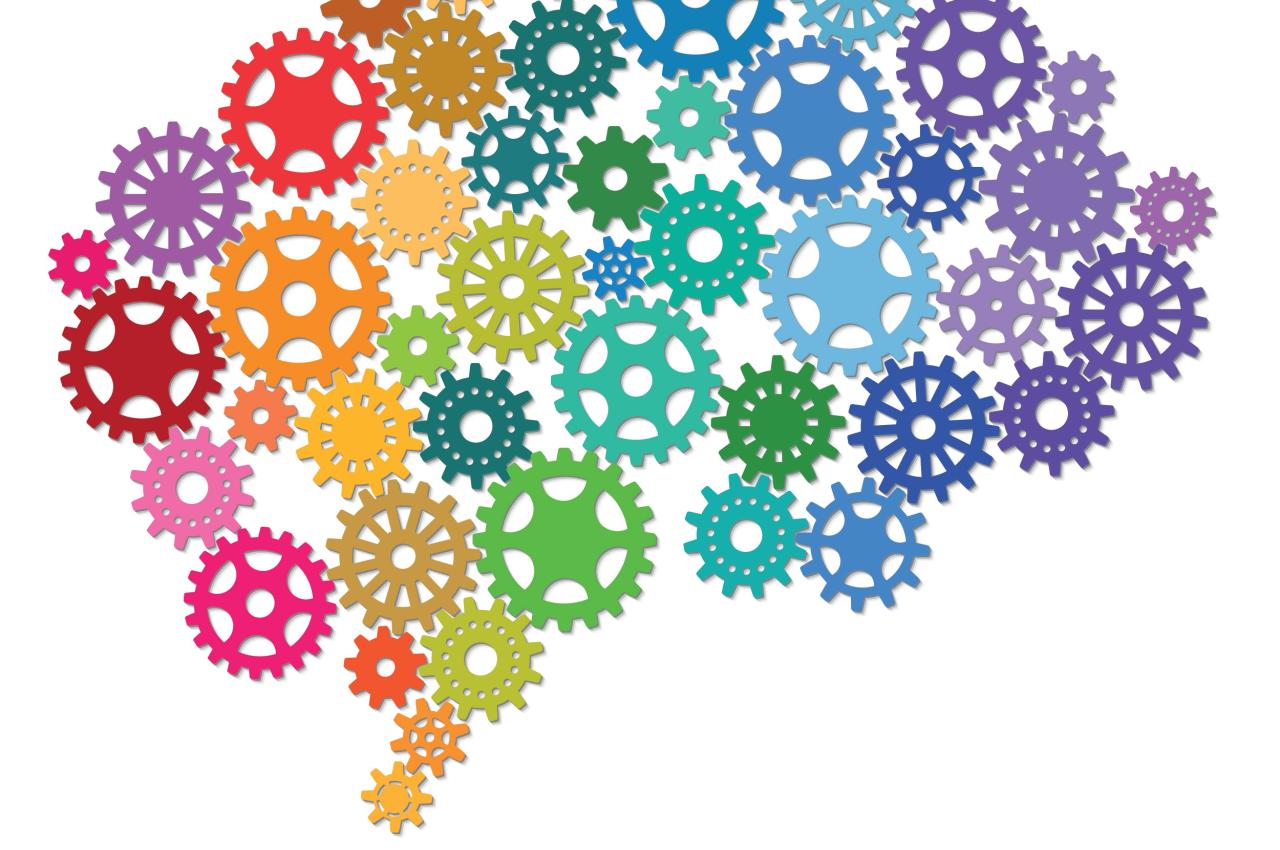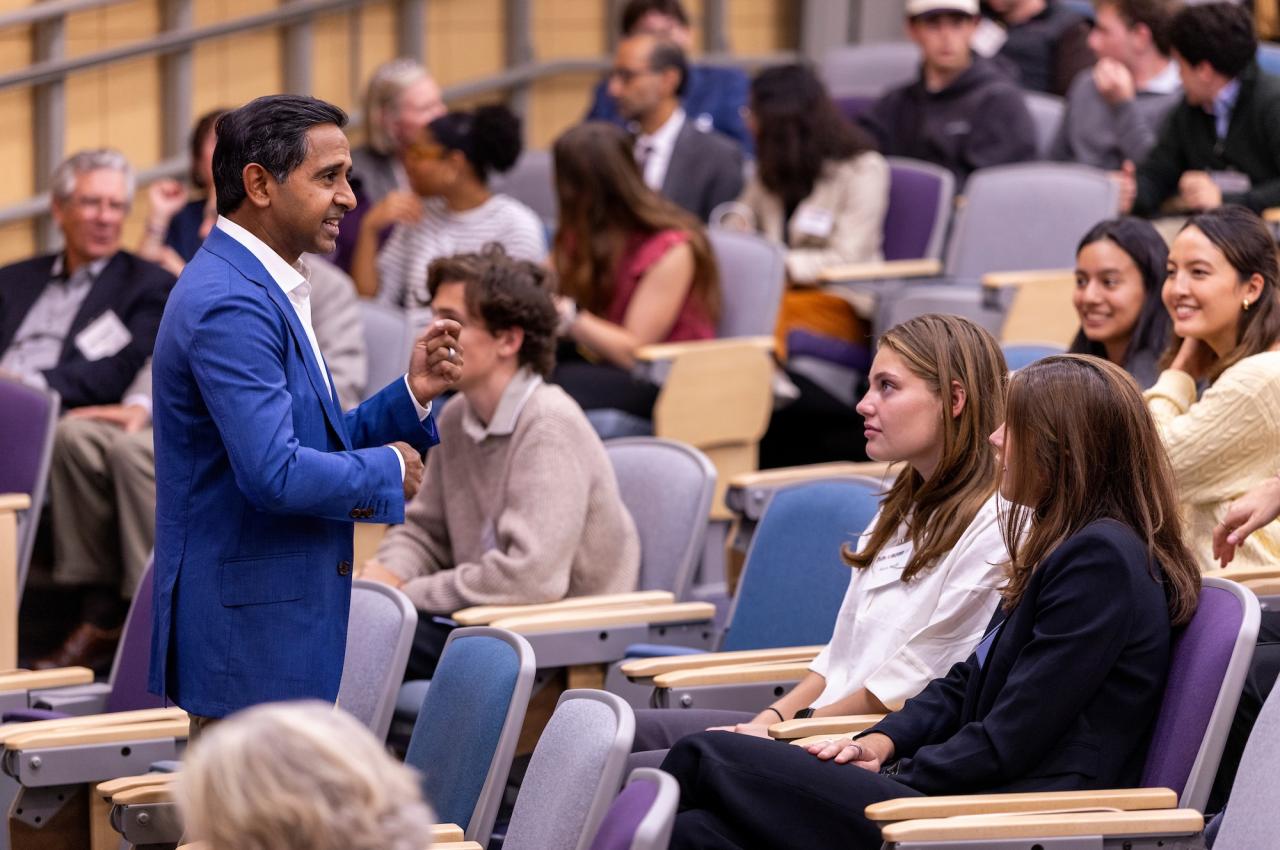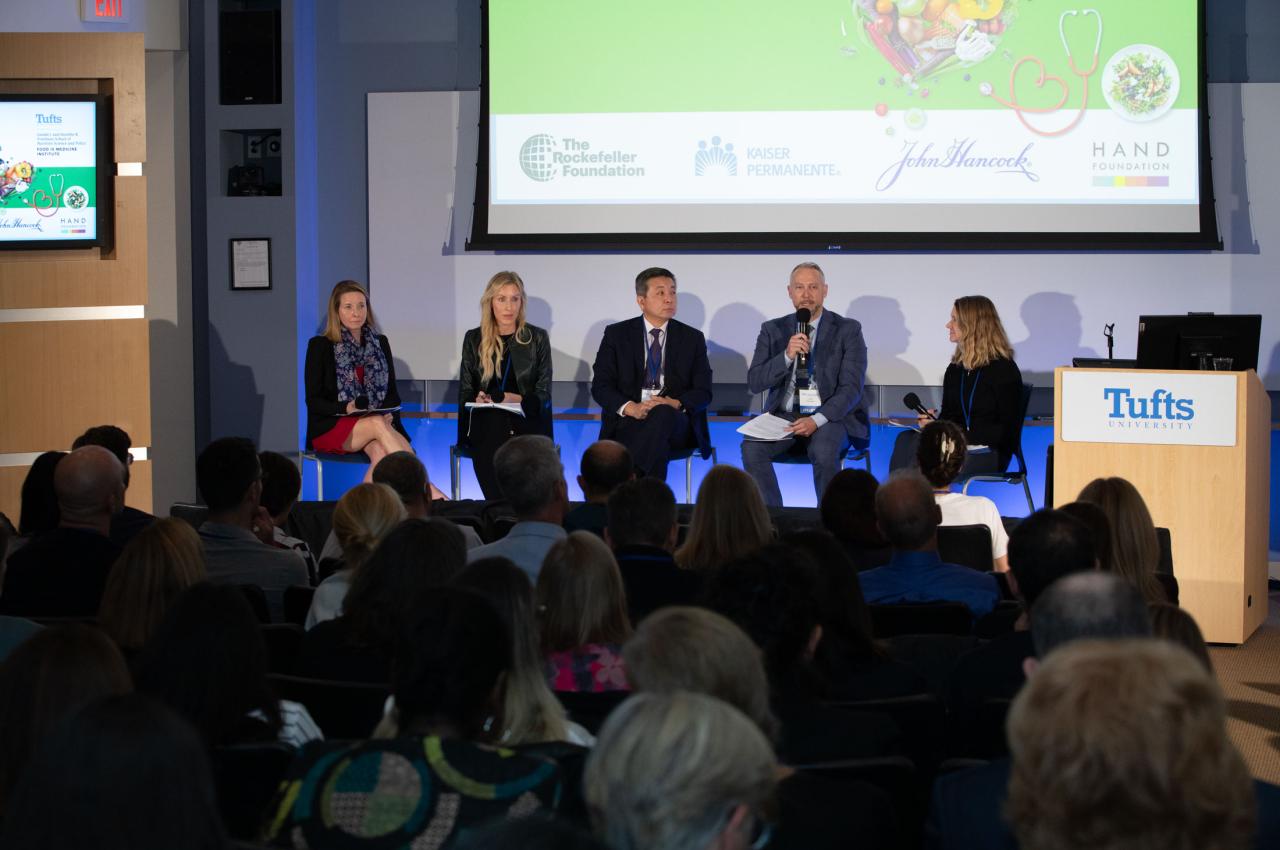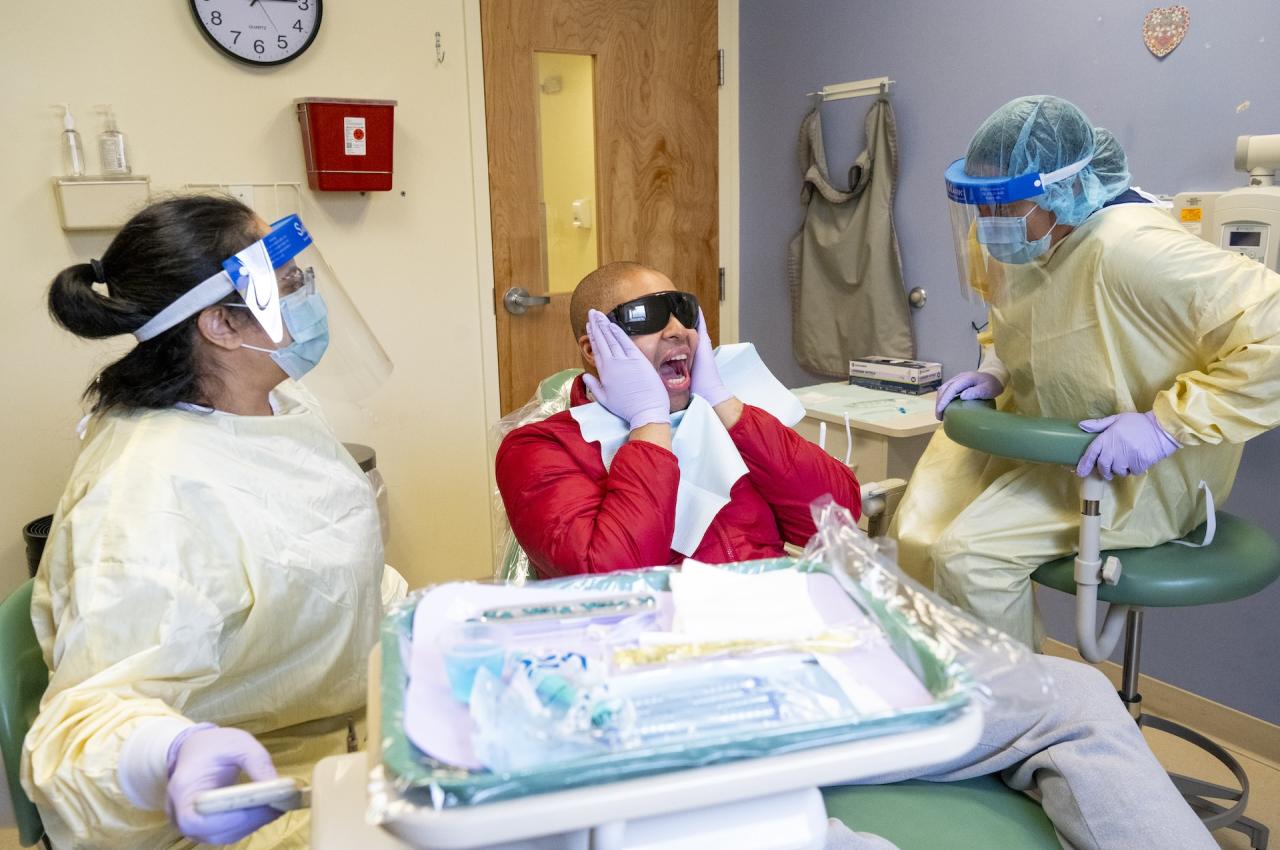A ‘Flight Simulator’ for the Brain Reveals How We Learn—and Why Minds Sometimes Go Off Course
Citation: Research reported in the CogLinks study was supported by the National Institutes of Health’s National Institute of Mental Health under grants P50MH132642, R01MH134466, and R01MH120118 and by the National Science Foundation under grants CCR-2139936, CCR-2003830, and CCF-1810758. Bin A. Wang of South China Normal University served as lead author on the fMRI study. The fMRI study was supported by the National Natural Science Foundation of China; Research Center for Brain Cognition and Human Development, Guandong, China; Guangdong Basic and Applied Basic Research Foundation; Deutsche Forschungsgemeinschaft (DFG, German Research Foundation); and the FoRUM grant.
Complete information on authors, funders, methodology, limitations, and conflicts of interest is available in the published paper.
Disclaimer: The content is solely the responsibility of the authors and does not necessarily represent the official views of the funders.













